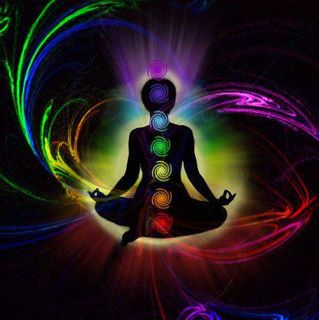Possessions
Osho used to say that the seeds of slavery are in
hidden in the desire to be a possessor, a master, because we have to become His
slave also whose possessor – master – we shall be. When the ownership —
possession, depends upon someone else, then how can we be the owner of our
possession. He becomes the owner on whom the ownership depends. Suppose
we have ten slaves who work for us, then our ownership also depends on having
these ten slaves – thus we can see, that the key to the possession is not with
us, it is with the slaves.
In a deep sense these ten slaves have become our
masters, without them we do not remain masters; so, how is one to be a master
of those whom we cannot be masters? Knowingly or unknowingly, we have become
their slaves, chained by them and without them our ownership falls down. An
interesting thing is that even the slave desires freedom, because no one wants
to be in bondage. When the master dies the slaves are happy, but when the slave
dies, the master weeps – so who is the slave between the two, the one who weeps
or the one who is happy?
The very desire to be a possessor makes one a
slave. Only a person who does not wish to be a master in this world – he alone
is the master. A person who does not make anyone a slave, he alone can be a
master, because it is not possible to stop his ownership. Such a person’s
ownership is absolute, unhampered. Today, we see that even inanimate things become
our masters – the cell phone is a prime example! The possessor has become the possessed.
There is a story of King Janak – his Guru
Ashtavakra sent a very egoistic disciple to King Janak, saying that you will
learn to be a witness from him. When this disciple came, he saw that the palace
was filled with dancers and musicians and a party-like atmosphere was there. He
thought what can this king teach me, he is deeply entrenched in material joys,
I will teach him. So, when he introduced himself, King Janak saw the ego in the
man’s demeanour and understood why Ashtavakra had sent him. King Janak bowed to
the man and told him to rest and that he will answer his question tomorrow. He
told the man to come early in the morning for a bath in the river. Next morning
when they were bathing in the river, a courtier came running and told King
Janak that the palace had caught fire, hearing this the disciple ran to save his
loin cloth which was in the palace. King Janak had not moved from there. The
disciple returned and said your palace is on fire and you are still here? Janak
replied, that the palace is a palace, I am I, the palace is not mine. The
palace was there before me, it will be there after me – so how does it become
mine? You considered your loin cloth as ‘yours’ so you ran to save it.
The question is not of things — whom they belong
to. The question is of man’s aptitude, his behaviour, his attitude, his way of
thinking and his way of life. Everything depends on how he lives. If he is
attached to things, it doesn’t make any difference whether the thing is a
palace or a loin cloth. And if he is not attached to things, then also it makes
no difference if he has a loin cloth with him or a palace. Man becomes a slave
because of his own attitude, and he can also be free by breaking it or changing
it.



No comments:
Post a Comment